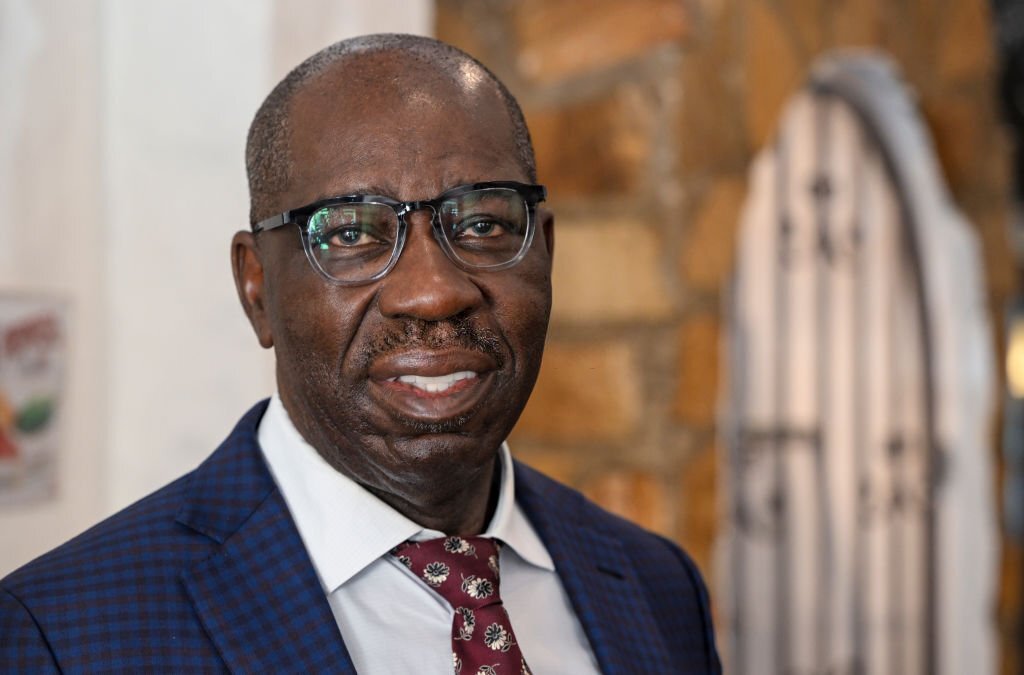
The World Bank has adopted the Edo Basic Education Sector Transformation (EdoBEST) programme, an ambitious education reform initiative of the former Governor of Edo State, Godwin Obaseki, as a model for educational development in low-income countries, acknowledging the significant impact the programme has had in revolutionising Edo’s basic education sector since its launch in 2018.
The programme was designed to improve learning outcomes, enhance teacher training, and integrate technology into the education sector and has continued to receive widespread acclaim for its innovative approach, which has led to remarkable improvements in literacy and numeracy among public school pupils in the state.
At least 400,000 children in public schools across the state benefited, while the government trained 20,000 teachers in digital skills and classroom management, and distributed 15,000 tablets, seven million exam materials, and 1.5 million textbooks across various schools in Edo State, under the programme.
Already, Bayelsa, Kwara, and Lagos States have adopted the Obaseki-led EdoBEST programme.
The World Bank’s endorsement of EdoBEST as a benchmark for educational reform reaffirms its effectiveness in addressing fundamental challenges in basic education, as the programme’s impact and success in Edo State, under Obaseki’s leadership, provides a replicable framework for other countries and subnationals struggling with educational deficits.
The World Bank, in a 90-page report by its Education Specialist, Martín E. De Simone, titled, “Improving Educational Outcomes for Children in Low-Income Countries: How the Progress and Pitfalls of Modernising Edo State’s Education Provides Lessons for the Future,” said: “The EdoBEST programme in Edo State, Nigeria, offers valuable insights for other low-income countries pursuing education reforms.”



